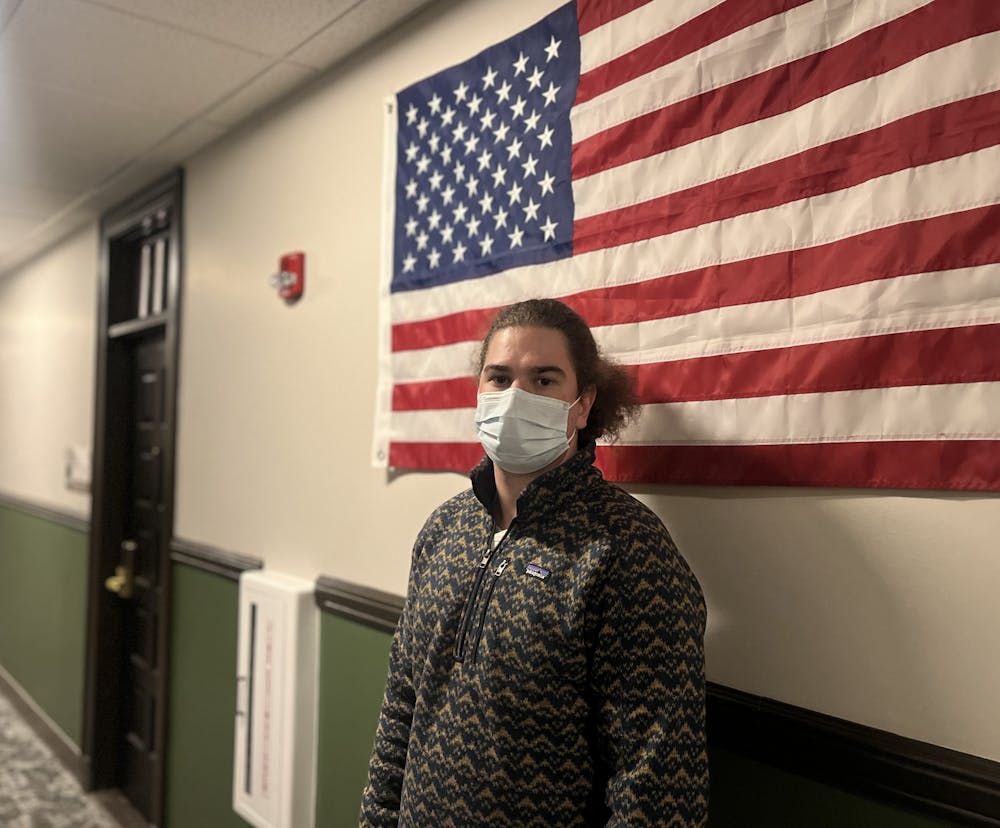For junior Thad Lipinski, it began with the sensation of feeling very overheated on a Sunday night in January, a night which he kept waking up with “weird dreams and sweats.”
“I woke up the next morning sick as a dog, I had a fever, I was coughing pretty bad, and I was like, I don’t think I’m going to go to class today,” Lipinski said. “I hoped Tuesday I would feel a little better, but it was the same deal.”
Lipinski went to urgent care that Wednesday and tested positive for the flu.
“If you’re congested, feverish and coughing, chances are you might have the flu, and you should go get it checked out. And at the very least, you shouldn’t go to class. There’s no shame in taking off a couple days to feel better,” Lipinski said.
University physician Kathryn Cox Cohoon explained that the influenza virus which causes the infection varies from season to season. It can lead to headaches, achiness, a sore throat, coughing, nasal congestion, a runny nose, fatigue and, for some patients, a fever.
According to Cohoon, the impact of the flu and ongoing COVID infections has been “around as expected.” But a decrease in the number of students who received the flu shot has likely increased “the ease with which the illness is spread … as well as the severity of symptoms that patients are experiencing,” she said.
The flu shot was not mandatory for students on campus this year, and numbers are reflecting this. Cohoon reported that, as of Tuesday, the campus has had 216 positive tests for influenza, with 188 positive cases occurring in the spring semester alone.
That figure is up from only 67 positive tests in the 2022-2023 school year.
“Yearly flu shots are 40-60% effective in preventing the flu as they are made based on predictions about what the coming flu season viruses will be, however … persons who do become infected and have had a flu shot will most likely have a much less severe course of their illness,” Cohoon said.
Notre Dame’s University Health Services has combined influenza and COVID tests available, and students who are infected can take Tamiflu, Cohoon said, but the best defense against the flu is to have the flu shot annually.
In young and healthy individuals, the flu is a “self-limited illness” which should be treated “symptomatically with Tylenol and ibuprofen, decongestants and cough suppressants as needed, rest and plenty of fluids,” Cohoon said.
Cohoon expalined how the flu can be contagious from one day prior, to a week after the onset of flu symptoms. The most contagious days are typically three to four days after the person’s symptoms develop.
She recommends that infected students self-isolate, wear masks, cover their coughs and sneezes, avoid touching their face and wash their hands regularly.










